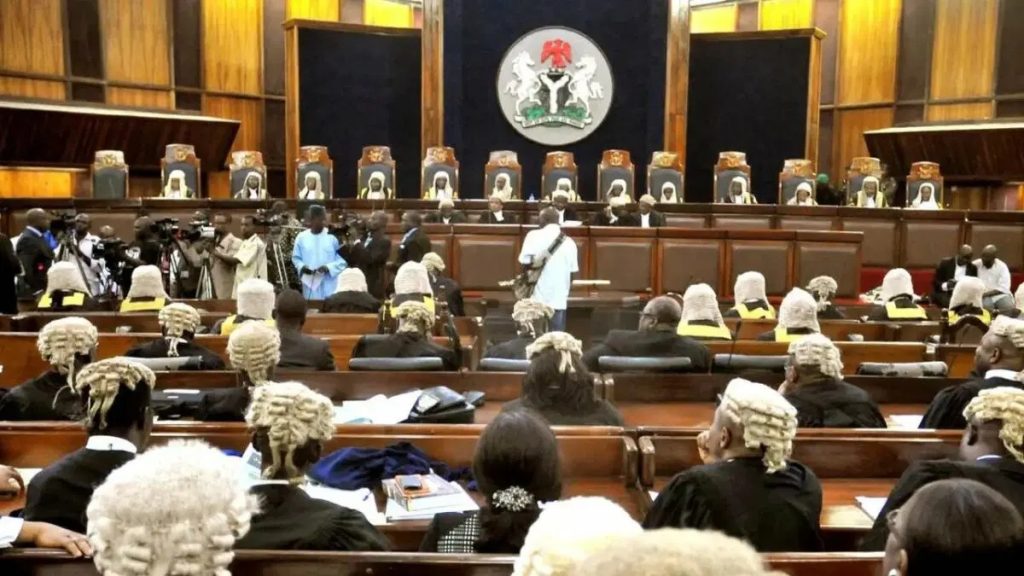Africa
Australia’s Bold Move to Safeguard Kids Online: A Model for Africa

Canberra, Australia – In a groundbreaking move, the Australian government has announced a ban on children under the age of 16 from using social media. This bold step is aimed at protecting children from the potential harms of social media, including cyberbullying, online predators, and the spread of misinformation.
The ban, which is set to come into effect in 2025, will require social media companies to verify the age of their users and prevent those under 16 from accessing their platforms. The move has been welcomed by parents, educators, and child safety advocates, who have long been concerned about the impact of social media on children’s mental and emotional well-being.
WHAT CAN AFRICAN COUNTRIES LEARN FROM AUSTRALIA’s BOLD MOVE?
But what can African countries learn from Australia’s bold move? As the continent with the youngest population in the world, Africa is home to over 200 million children under the age of 18. With the increasing penetration of social media across the continent, African countries must take steps to protect their children online.
One of the key lessons that African countries can learn from Australia’s ban is the importance of regulating social media companies. In Africa, social media companies have been criticized for their lack of transparency and accountability, particularly when it comes to protecting children online. By regulating social media companies, African governments can ensure that they are taking steps to protect children from online harms.
Another lesson that African countries can learn from Australia’s ban is the importance of educating children about online safety. In Africa, many children are not taught about online safety and digital literacy, leaving them vulnerable to online predators and cyberbullying. By incorporating online safety education into school curricula, African governments can empower children with the knowledge and skills they need to stay safe online.
Finally, African countries can learn from Australia’s ban the importance of collaborating with social media companies to protect children online. In Africa, social media companies have been accused of not doing enough to protect children online. By working with social media companies, African governments can ensure that they are taking steps to protect children from online harms.
In conclusion, Australia’s ban on children under 16 from using social media is a bold step that highlights the importance of protecting children online. As African countries continue to grapple with the challenges of regulating social media, they can learn valuable lessons from Australia’s ban. By regulating social media companies, educating children about online safety, and collaborating with social media companies, African governments can ensure that they are taking steps to protect their children online.
AFRICA’S SOCIAL MEDIA LANDSCAPE
Africa is home to over 200 million children under the age of 18, making it the continent with the youngest population in the world. With the increasing penetration of social media across the continent, African children are increasingly vulnerable to online harms.
According to a recent report by the African Child Policy Forum, over 70% of African children have access to social media, with many using platforms such as Facebook, Instagram, and WhatsApp. However, the report also found that many African children are not taught about online safety and digital literacy, leaving them vulnerable to online predators and cyberbullying.
AFRICAN COUNTRIES MUST TAKE ACTION
As the continent with the youngest population in the world, Africa must take action to protect its children online. This requires a multi-faceted approach that involves regulating social media companies, educating children about online safety, and collaborating with social media companies.
African governments must also work to create a safe and supportive online environment for children. This requires investing in online safety education and digital literacy programs, as well as working with social media companies to remove harmful content and prevent online harassment.
By taking these steps, African countries can ensure that they are protecting their children online and empowering them with the knowledge and skills they need to thrive in the digital age.
THE WAY FORWARD
As African countries continue to grapple with the challenges of regulating social media, there are several steps that they can take to protect their children online. These include:
– Regulating social media companies to ensure that they are taking steps to protect children online
– Educating children about online safety and digital literacy
– Collaborating with social media companies to remove harmful content and prevent online harassment
– Investing in online safety education and digital literacy programs
– Creating a safe and supportive online
For Diaspora Digital Media Updates click on Whatsapp, or Telegram. For eyewitness accounts/ reports/ articles, write to: citizenreports@diasporadigitalmedia.com. Follow us on X (Fomerly Twitter) or Facebook












